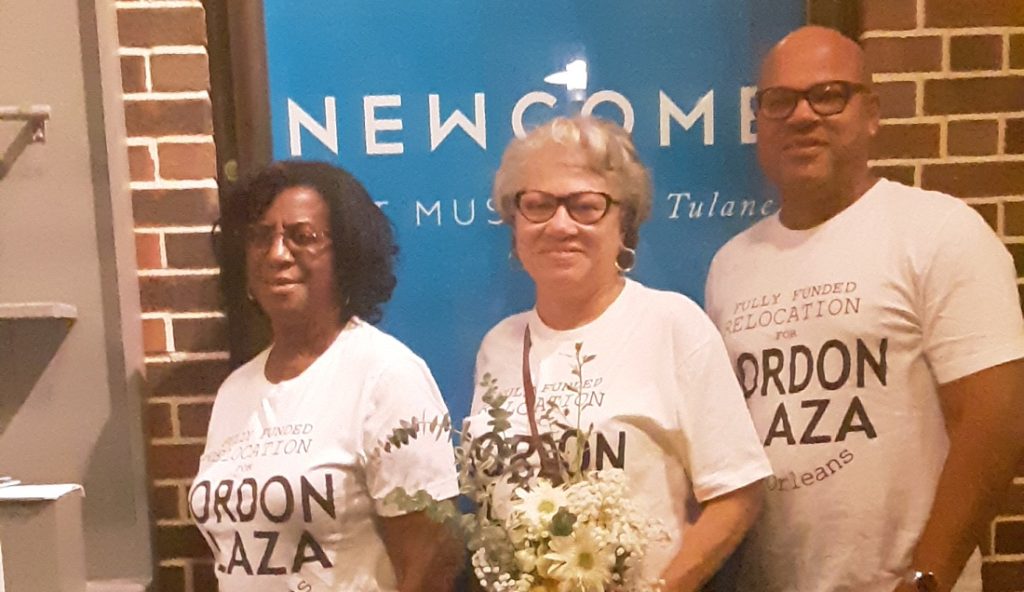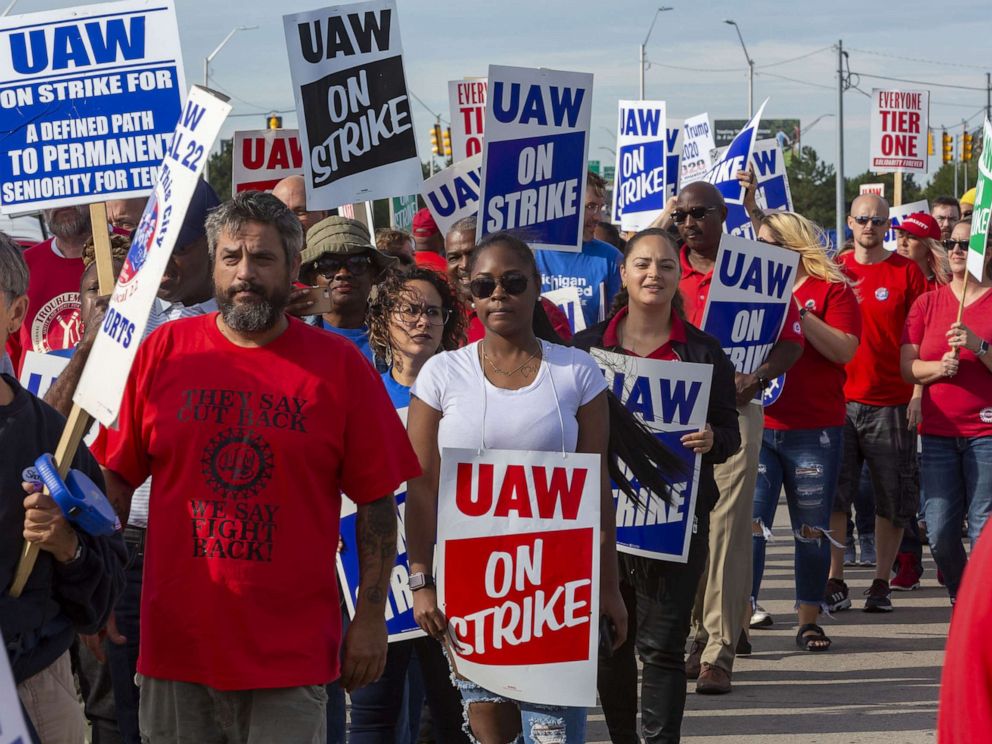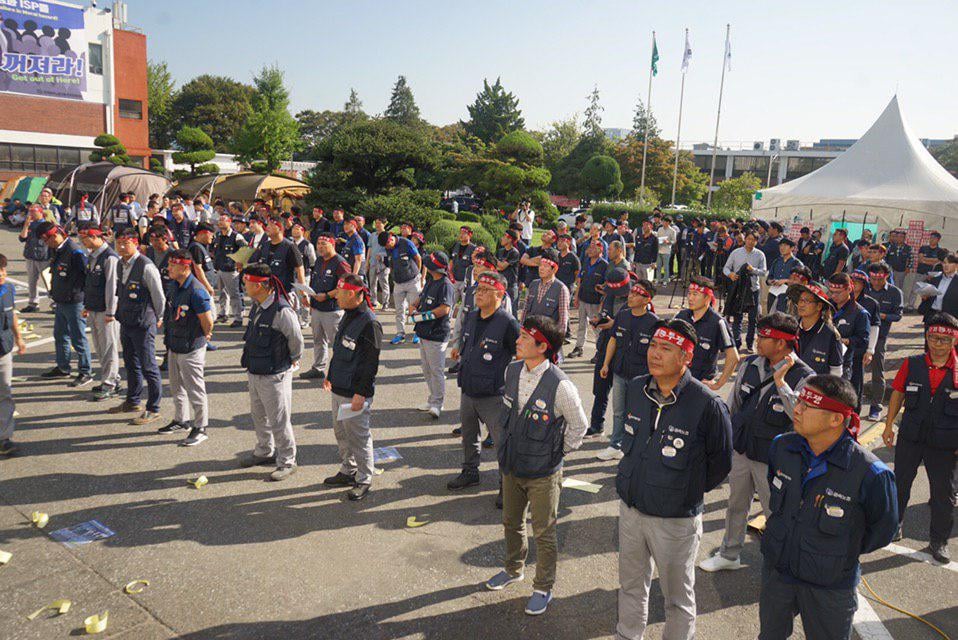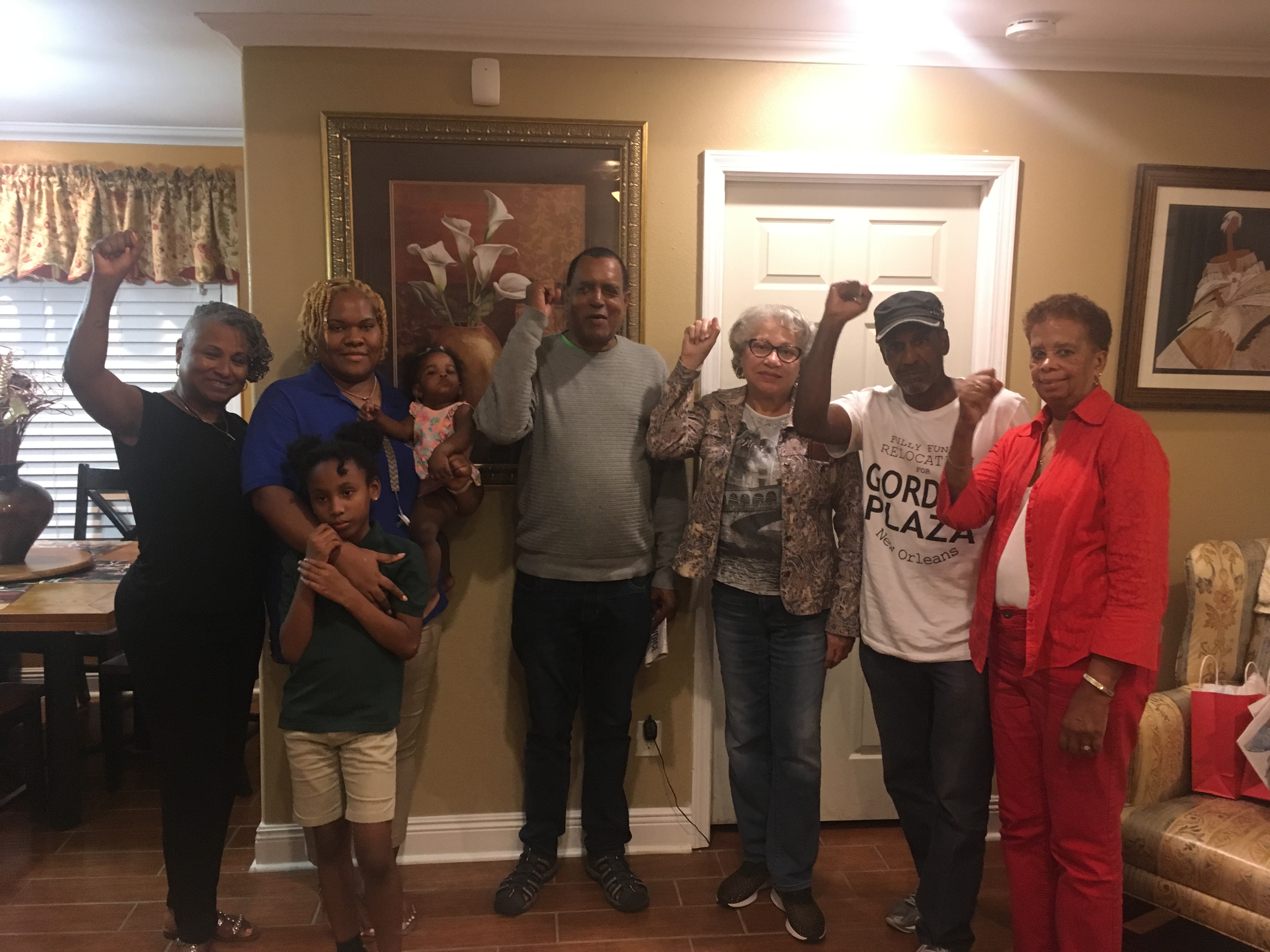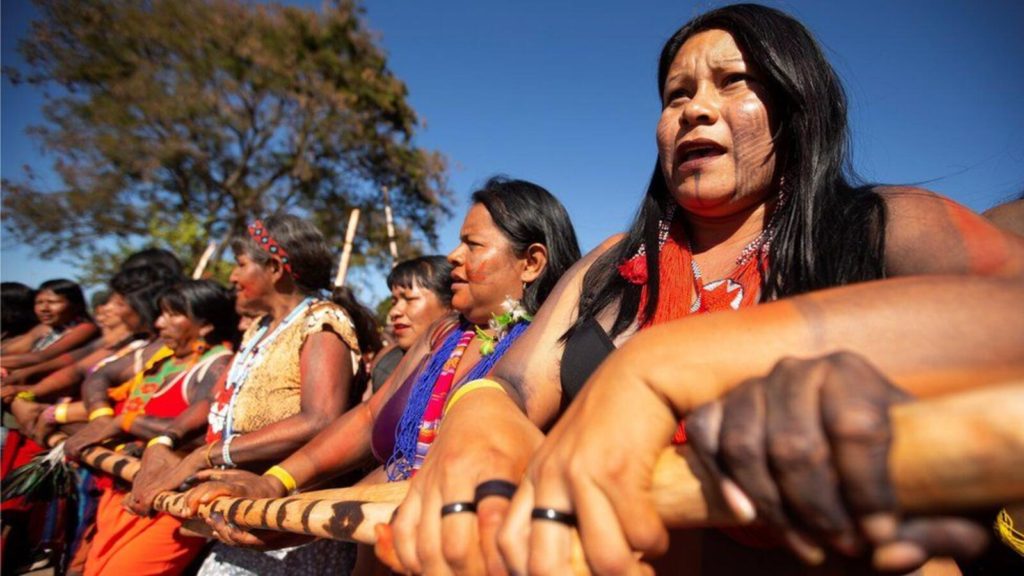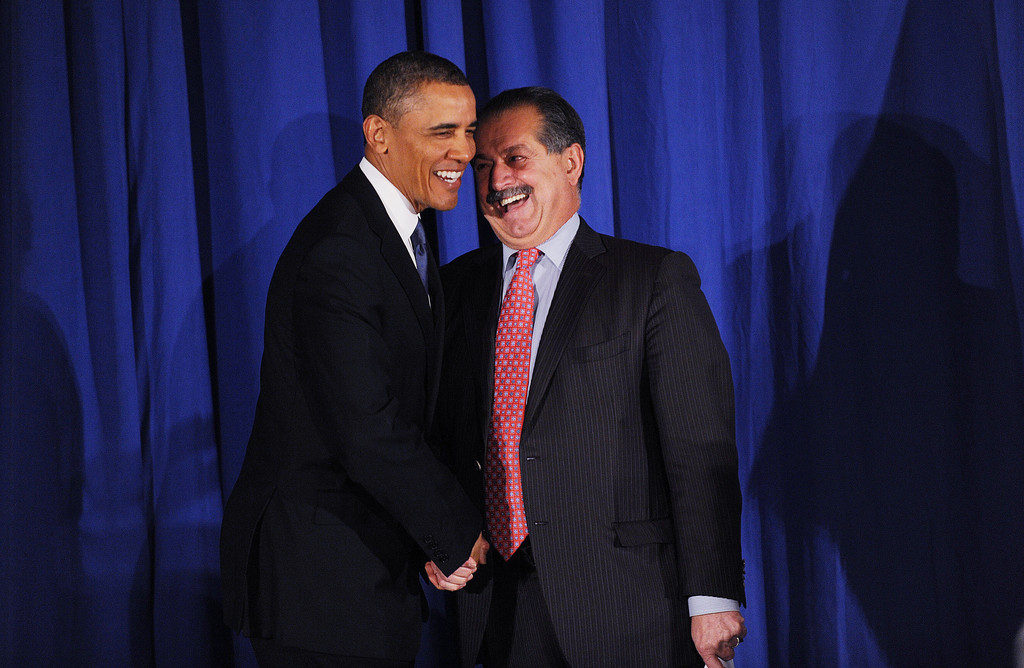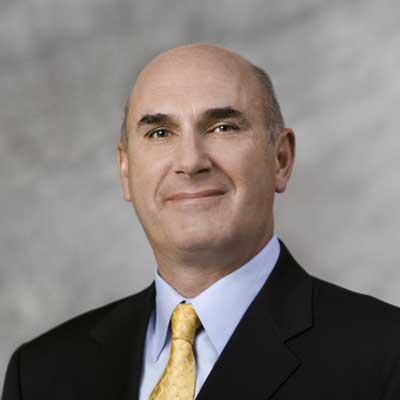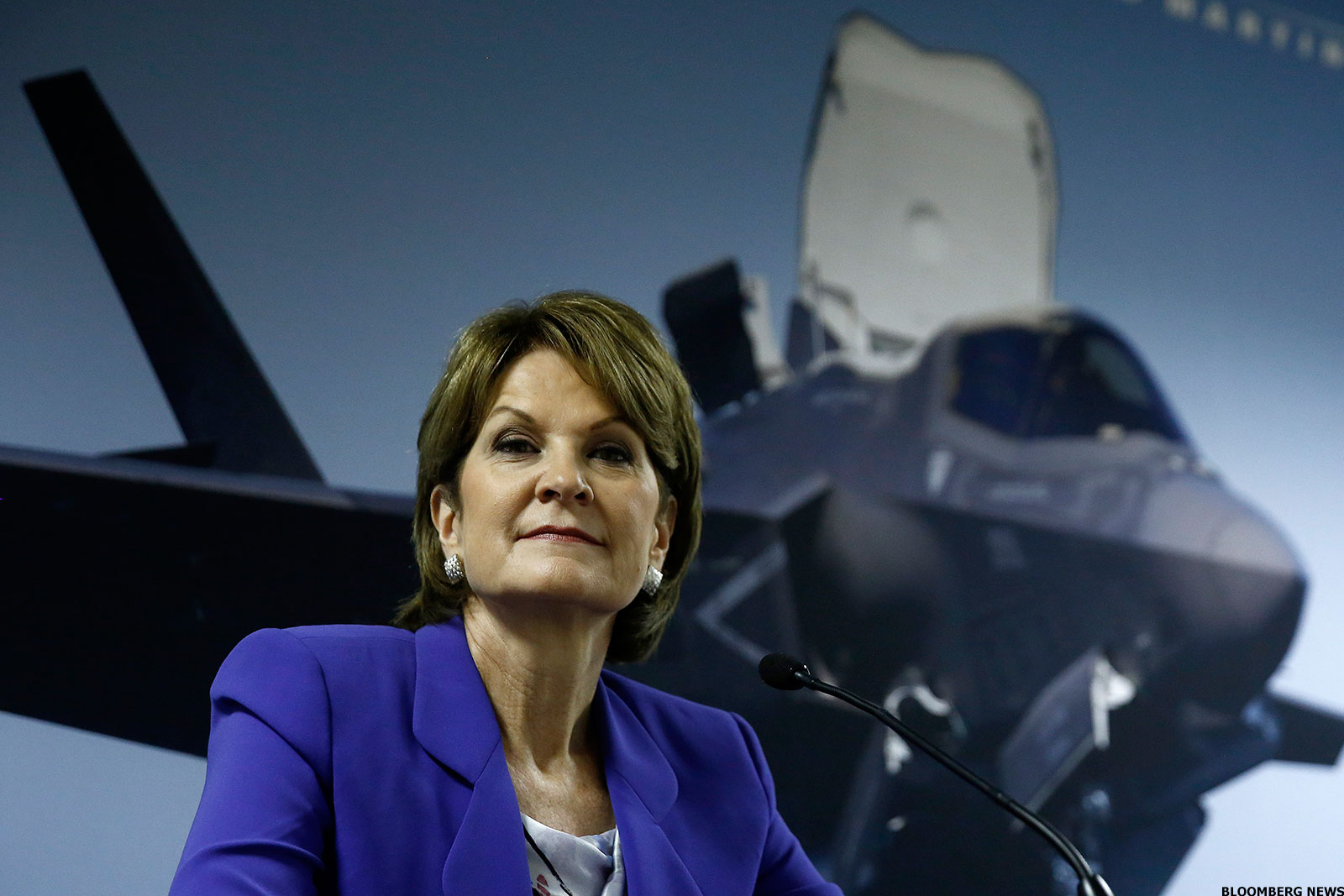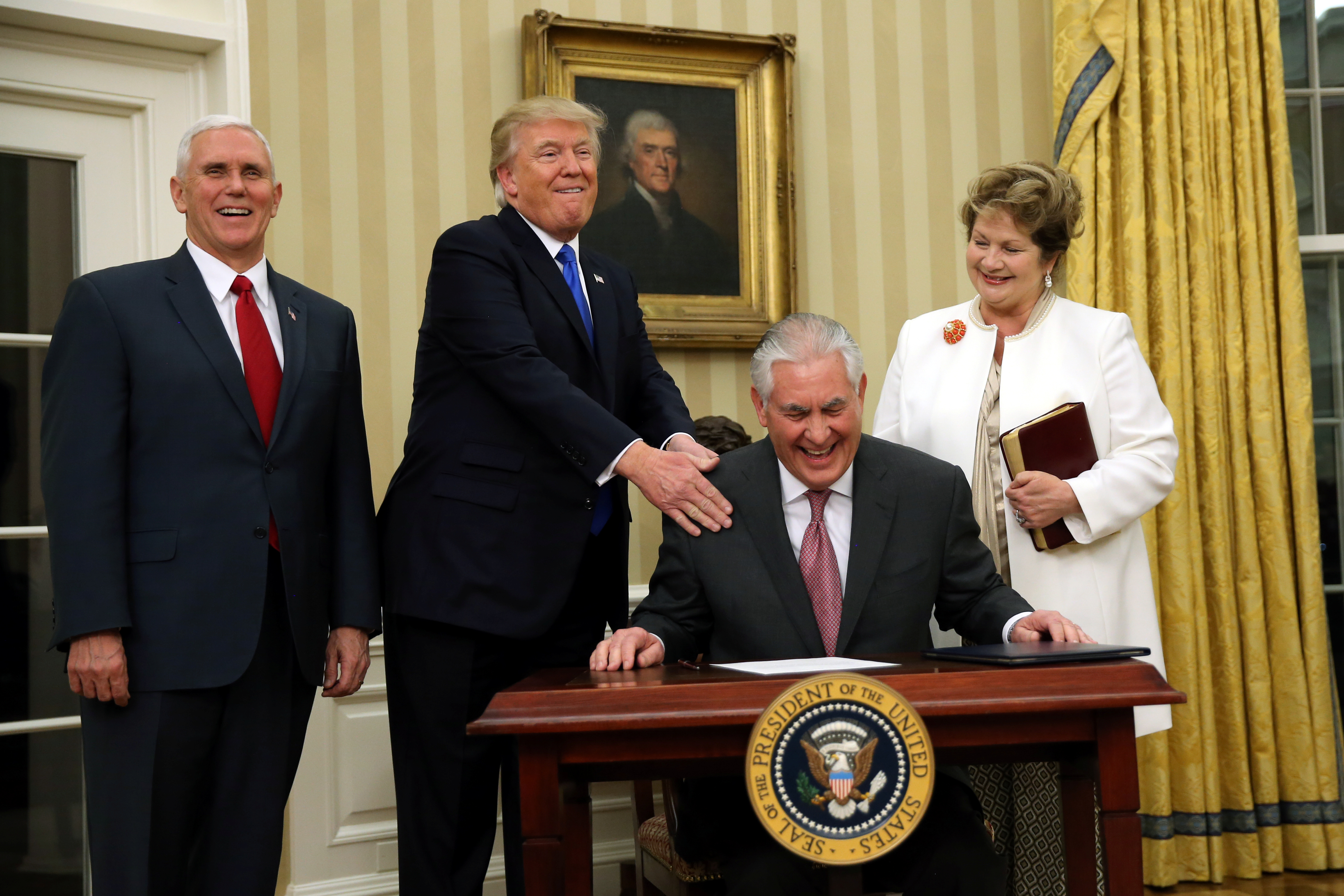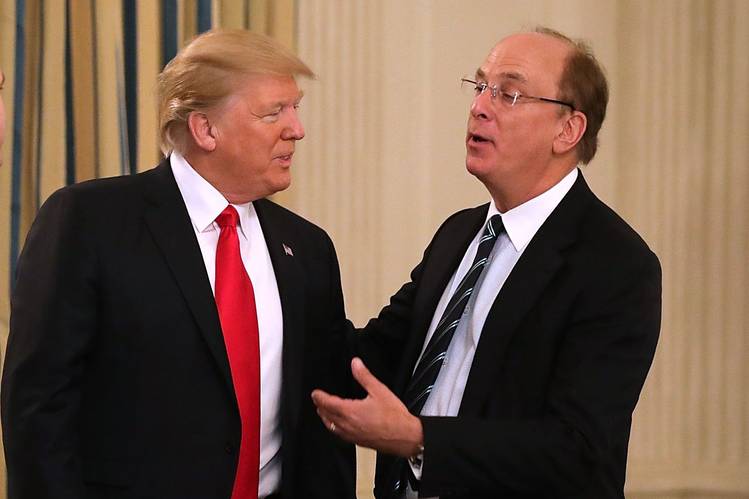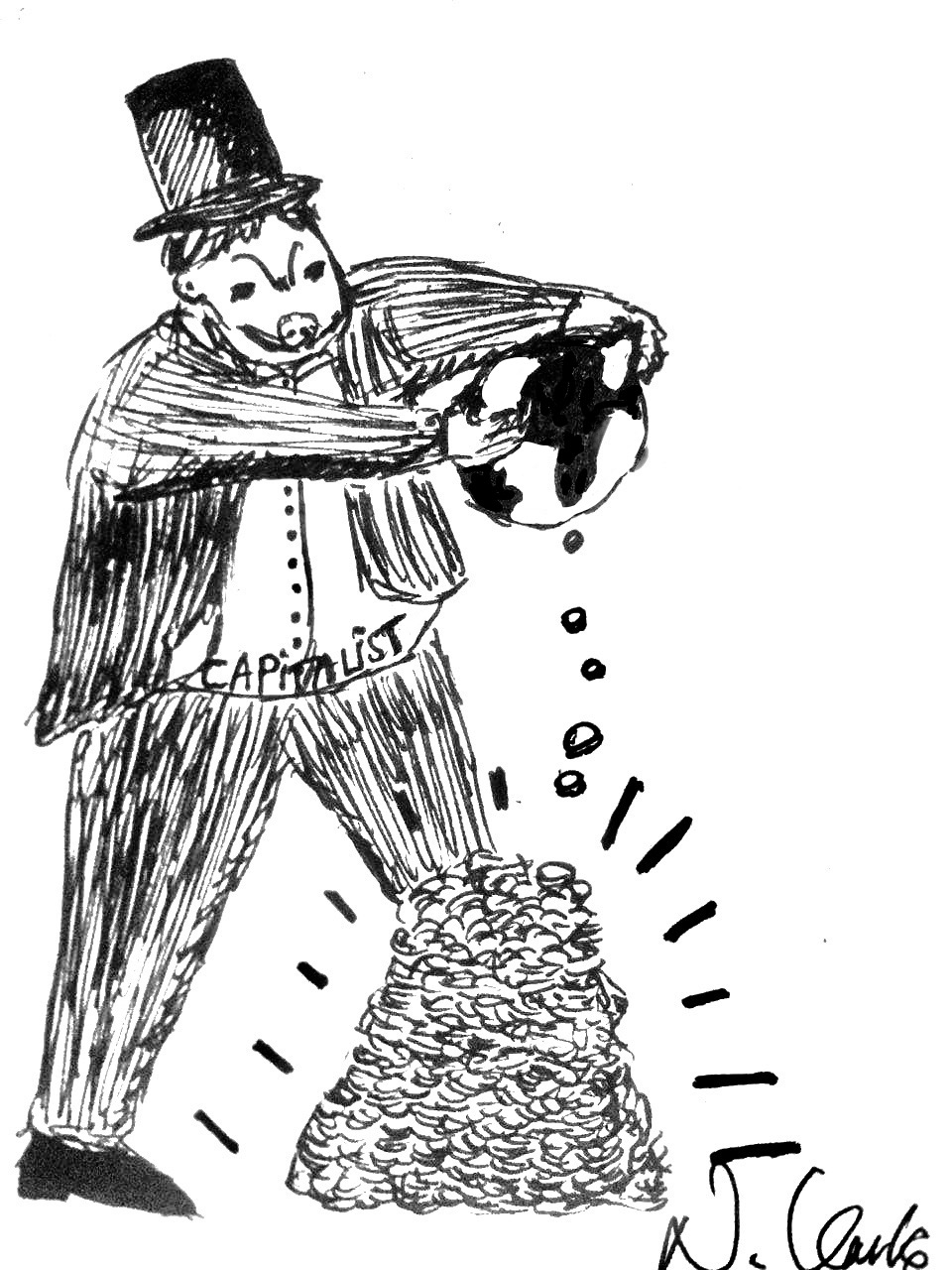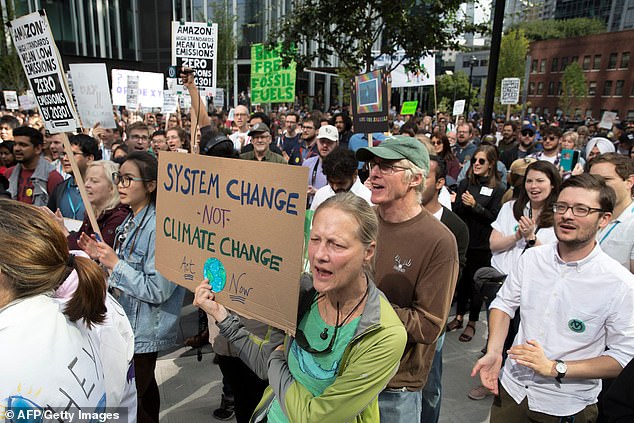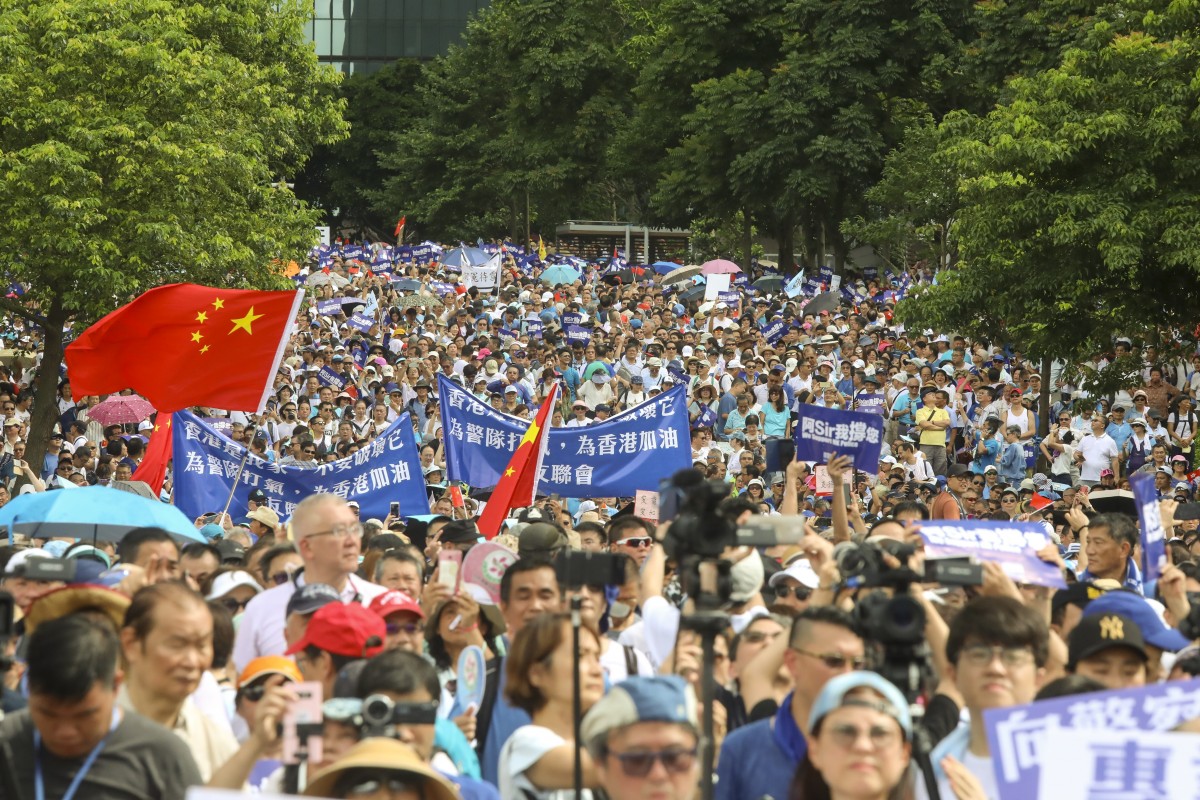
U.S. Media Censors Pro-China Demonstrations
By Gregory William
Who is leading and funding the protest movement in Hong Kong? Tellingly, demonstrators outside the U.S. consulate called on Trump to take over Hong Kong. The Hong Kong Human Rights Movement and other involved groups are funded by the National Endowment for Democracy, a CIA project. Leaders with these groups held meetings with U.S. and British officials in luxury hotels. Although many Hong Kong workers are impoverished, these organizations represent the very wealthy.
On behalf of capitalism, the U.S. government has tried to destroy China since they liberated themselves from colonialism in 1949 and set about building a socialist society. Unsurprisingly, the U.S. corporate media has not covered pro-government demonstrations in Hong Kong, even though half a million marched on August 18.
Capitalism and Colonialism to blame for Hong Kong’s problems
So-called pro-democracy groups distribute British flags and call for the return of British colonial rule. Britain cruelly colonized China for 156 years to steal its labor and wealth. Colonialism always counts on a small group of privileged people who collaborate with the colonizers to become wealthy at the expense of workers and peasants.
Through the Opium Wars (1839-1842, and 1856-1860), the British empire decimated the Chinese economy, got millions hooked on opium, and subjugated the population. This was done largely for the British East India Company, which needed markets for opium after the military takeover of India. This led to decades of rule by brutal warlords sponsored by different imperialist governments.
The majority of China was liberated from colonial rule in 1949 when the Communist Party, under the leadership of Mao Zedong, came to power. At that time, colonial conditions were so bad that life expectancy was only 36 years. With the establishment of the socialist economic system, life expectancy rose to 68 years by the early 1980s. Today it is over 76 years.
Nevertheless, the British government held control of Hong Kong until 1997, developing it into a world financial center like New York. When China regained Hong Kong, the government unfortunately agreed to allow capitalism to flourish in the territory. This is why it is one of the world’s most expensive cities. More than half of Hong Kong apartments cost over $2,550 a month. So many people sleep in 24-hour fast food restaurants that they are dubbed McRefugees. At the same time, Hong Kong is home to a million millionaires. Seventy percent of their obscene wealth is in real estate.
Democracy for millionaires, poverty for workers
Recent laws bringing Hong Kong more directly under Chinese government control have terrified the millionaires. China’s failure to alleviate the workers’ suffering, however, has alienated some workers from the mainland government. The millionaires stepped in to take advantage. Whenever there is a revolutionary vacuum this happens.
The immediate spark of the protests is an extradition bill. The proposed law would allow Hong Kong authorities to hand over criminals wanted in the mainland. The rich see this as a threat to their power. They do not want any barriers to their profits. Although there should not be billionaires or even millionaires, China does imprison and execute capitalists who go beyond certain limits of destructiveness. For example, billionaire Xu Xiang was sentenced to five years for his role in crashing the country’s stock market. This is intolerable to Hong Kong’s elite.
During Trump’s September 24 UN speech, he not only came out in support of the Hong Kong protesters, he berated the Chinese government for not allowing unfettered capitalism. He said, “Not only has China declined to adopt promised reforms, it has embraced an economic model dependent on massive market barriers.” In keeping with longstanding U.S. policy, Trump wants to undermine what is left of socialism, and to recolonize China. This is the thrust of the trade wars. But why should the U.S. government dictate how other countries run their economies?
More socialism is needed, not less
The capitalist media says socialism is the problem. But the issues facing Hong Kong—and the rest of China—stem from capitalism, which has created inequality. The socialistic elements of the Chinese economic system benefit the vast majority. Workers in mainland China have no interest in losing the remaining gains of socialism. Workers in Hong Kong have an interest in accessing those gains themselves. They both have an interest in expanding socialism.
Millions of Chinese people rose up in the 1960’s and 1970’s to drive socialist revolution forward, but the Chinese Communist Party began opening the country up to capitalism in the late 1970’s. However, there was not a full-scale restoration of capitalism, as happened in the Soviet Union. This is why China has raised millions of people out of poverty. The remaining socialist elements, including the state ownership of banking and many key industries, and economic planning, have been responsible for these gains for the masses, not capitalism.
Nevertheless, the re-emergence of large-scale capitalism in China and capitalism in the Communist Party is a danger to the masses of people. The future of China depends on how well the Chinese working class organizes against this. Workers’ strikes are common in China, and this is a good thing. As Mao said, “It is right to rebel against reactionaries!”
The answer is not for the rest of China to become more like Hong Kong, or for Hong Kong to drift closer to the ruling classes of the U.S. or Britain. The answer is more socialism.

